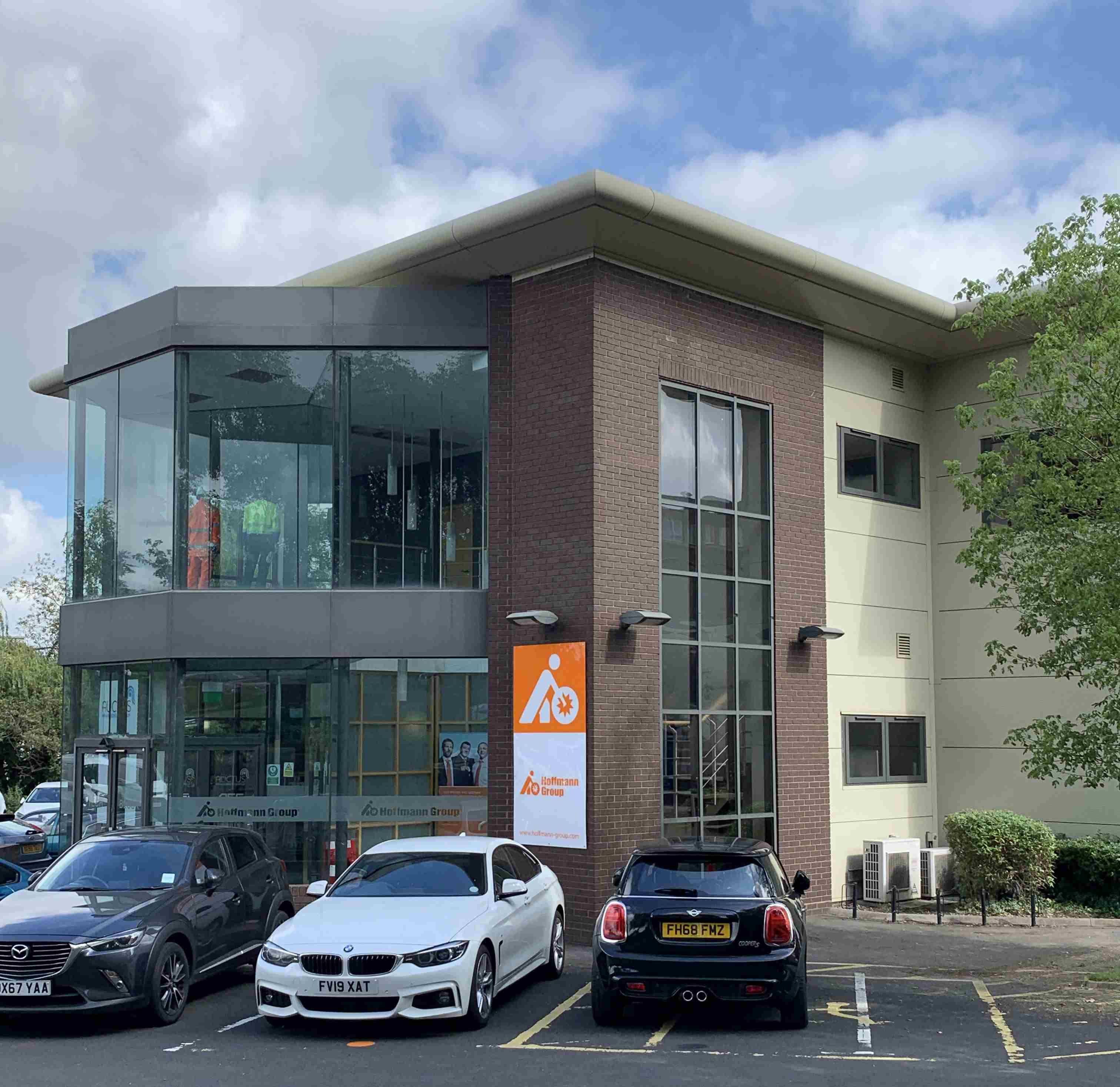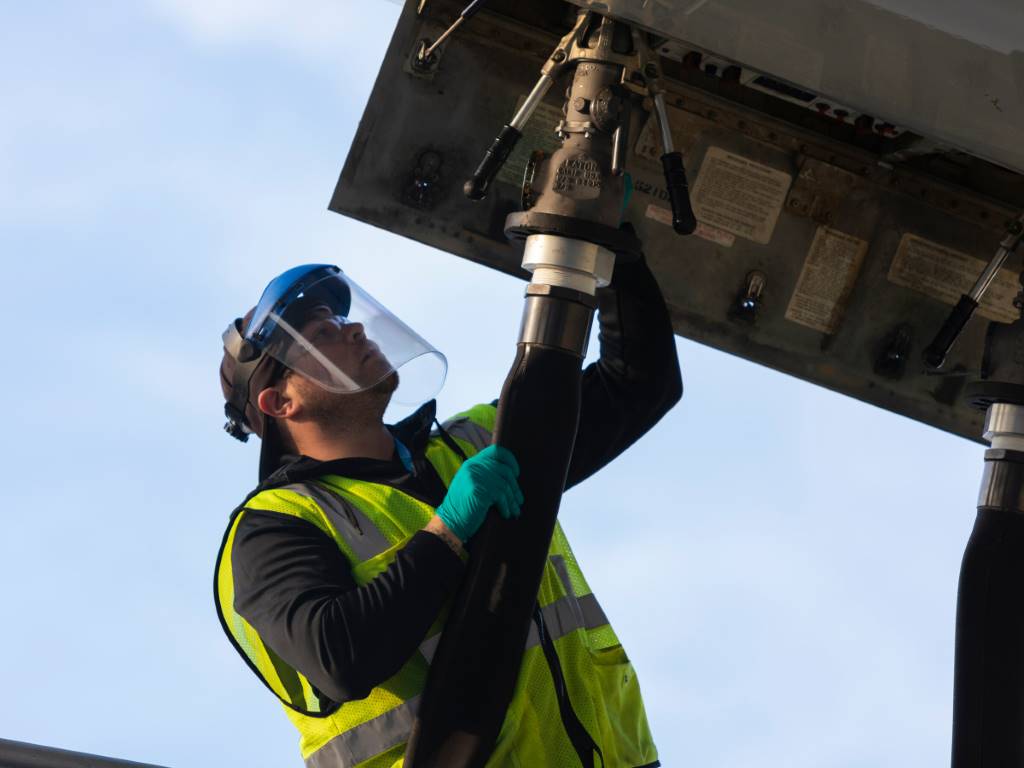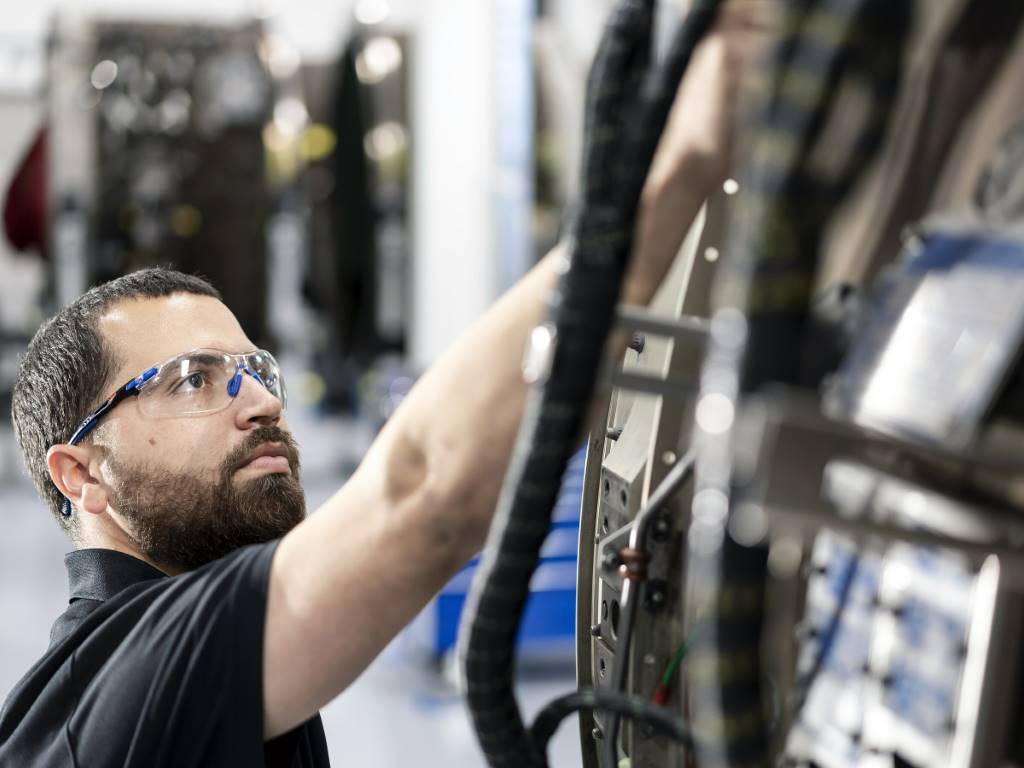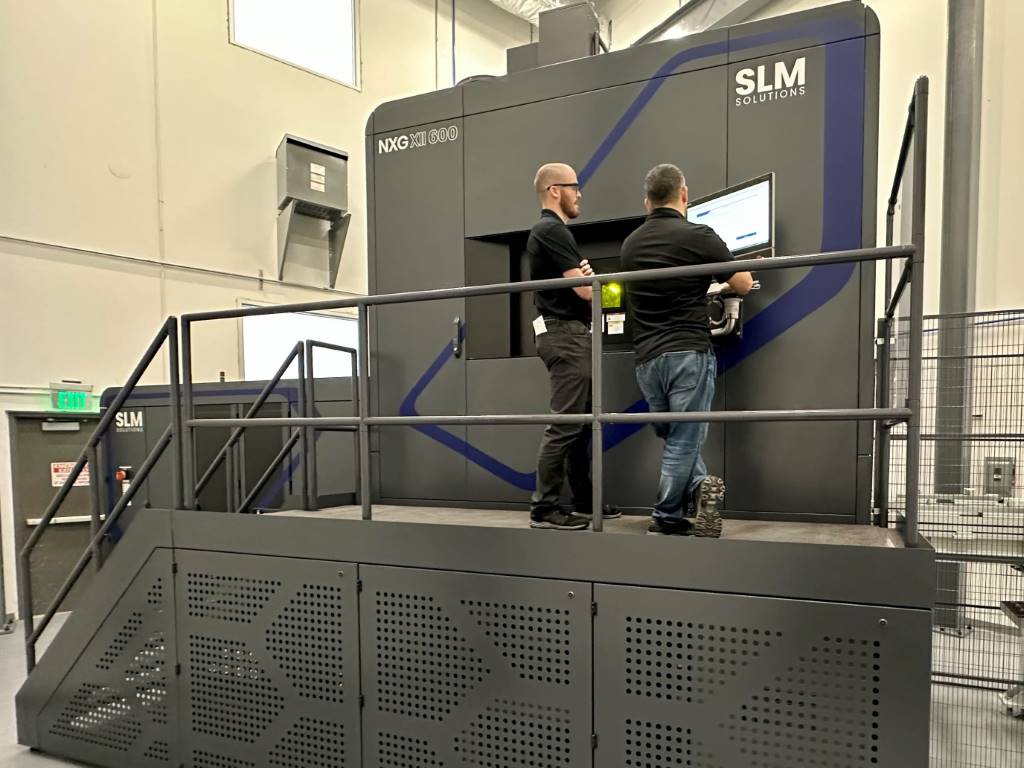Bouncing back to normality

Tim Paddison, managing director of tooling, workstations, storage and PPE specialists Hoffmann Group UK, looks at how the aerospace industry can bounce back post-pandemic.
To say the aerospace sector has experienced some turbulence of late would be a colossal understatement. It remains one of the hardest hit sections of the pandemic-stricken global economy and, in recent months has been subject to yet more turmoil - with hopes for a summer air-travel boom dashed.

Global passenger traffic declined by a staggering 64.6% in 2020 with passenger airlines such as Flybe and Virgin Australia falling into bankruptcy. Non-commercial aerospace has struggled too, with military readiness and ability to maintain equipment being natural consequences of worldwide lockdowns.
In the latest setback, the UK Prime Minister delayed further easing of Coronavirus restrictions until late July and warned that international travel would be unlikely to return to normal until 2022 – sparking a backlash from the travel sector.
Against this challenging background, however, portions of the aerospace industry remain defiant. Airbus, which was forced to cut output by a third last summer, has announced it is ramping up the production of single-aisle aircraft. This speeding up of jet production is intended to put Airbus in a position of strength when the anticipated jump in demand for short-haul flights finally transpires.
Announcing the news, Guillaume Faury, Airbus chief executive stated that, “The aviation sector is beginning to recover from the Covid-19 crisis” and talked of the need to “secure the necessary capabilities and be ready when market conditions call for it.”
Whether the recovery has already begun, is imminent or is more likely to be delayed to next year, it's clear that the aerospace supply chain has to ready itself for greatly increased demand and be able to adapt quickly to a change in market conditions.
So, what should aerospace manufacturers be putting in place now to make their businesses as recovery-ready as possible? How can the aerospace industry readjust and implement a more efficient and productive future for its manufacturing and maintenance operations in the post-pandemic world?
Invest in the right tools
Tools and equipment use have a major impact on production efficiency. Common sense dictates that if the tools a manufacturer uses are not up to standard, whether this is due to a lack of investment in procurement or maintenance, employees will not be able to work to anywhere near the level of efficiency they would when equipped with the right tools.

Think of the knock-on effect this can have. Just a few seconds longer spent on each task per employee can accumulate throughout the year to represent hours of wasted time, costing manufacturers days, and even weeks, in terms of productivity.
Investing in new tools and ongoing equipment maintenance will significantly reduce this lost turn-around time. It will also ensure that a manufacturing workspace is efficiency-optimised and manufacturing teams are always equipped to work as effectively as possible. Choosing the right tools can reduce the overall costs of the entire manufacturing process and consequently increase productivity levels.
Upskill and digitise
Manufacturers blazing a trail in digitisation will have a competitive advantage post-pandemic. It is crucial for the aerospace supply chain to embrace innovative ways of maximising productivity-per-head and boosting operational agility, through the use of technology and data.
Working in partnership with machines and AI will create opportunities to upskill staff, nurturing a modern, efficient workforce, which can respond to demand fluctuations fast. This is likely to increase manufacturers’ earning potential, as well as employee satisfaction and overall business sustainability, in a post-pandemic world.
Sustainable solutions
The pandemic has brought immense worldwide attention to the climate crisis. Opportunities in the green/low carbon economy are huge and are likely to continue seeing big growth in the UK and internationally.
Early adopters of sustainable operating systems across the sector will ensure they can capture market share and develop the necessary expertise to tap into massive global markets. Manufacturing businesses that are able to take advantage of fiscal stimulus packages and pivot now, rather than later, will be at the forefront.
Furthermore, without strong commitment by energy-intensive manufacturers, it will be almost impossible to reach net-zero targets in the near to medium future. With the market slowly returning to usual, manufacturers should look towards repurposing materials and resources, adopting renewable energy sources and reducing waste in the manufacturing process at every step.
Tax breaks advantages
Under the super deduction arrangement, revealed in the 2021 Budget, for every pound that a company invests, their taxes will be cut by up to 25p. Until the end of March 2023, companies can claim 130% capital allowances on qualifying plant and machinery investments. Such investments include assets used in the course of a business and, for manufacturing businesses, this could include anything from drills, cranes and machinery to new computer equipment or a company van for delivering tools to customers.
For manufacturing businesses, the next two years can be used to take full advantage of this tax offering. If businesses are wanting to boost their environmental credentials or are wanting to reinvigorate the company’s own digital capabilities, the super deduction may provide the much-needed financial incentive to do so.
Undeniably, the aerospace industry has suffered massive setbacks as a consequence of the pandemic, but as the green shoots of recovery begin to show through there will be an opportunity to exploit the resulting sharp rise in demand. Being well-equipped to respond to this demand by getting the necessary tools, systems and skills in place now is vital.












